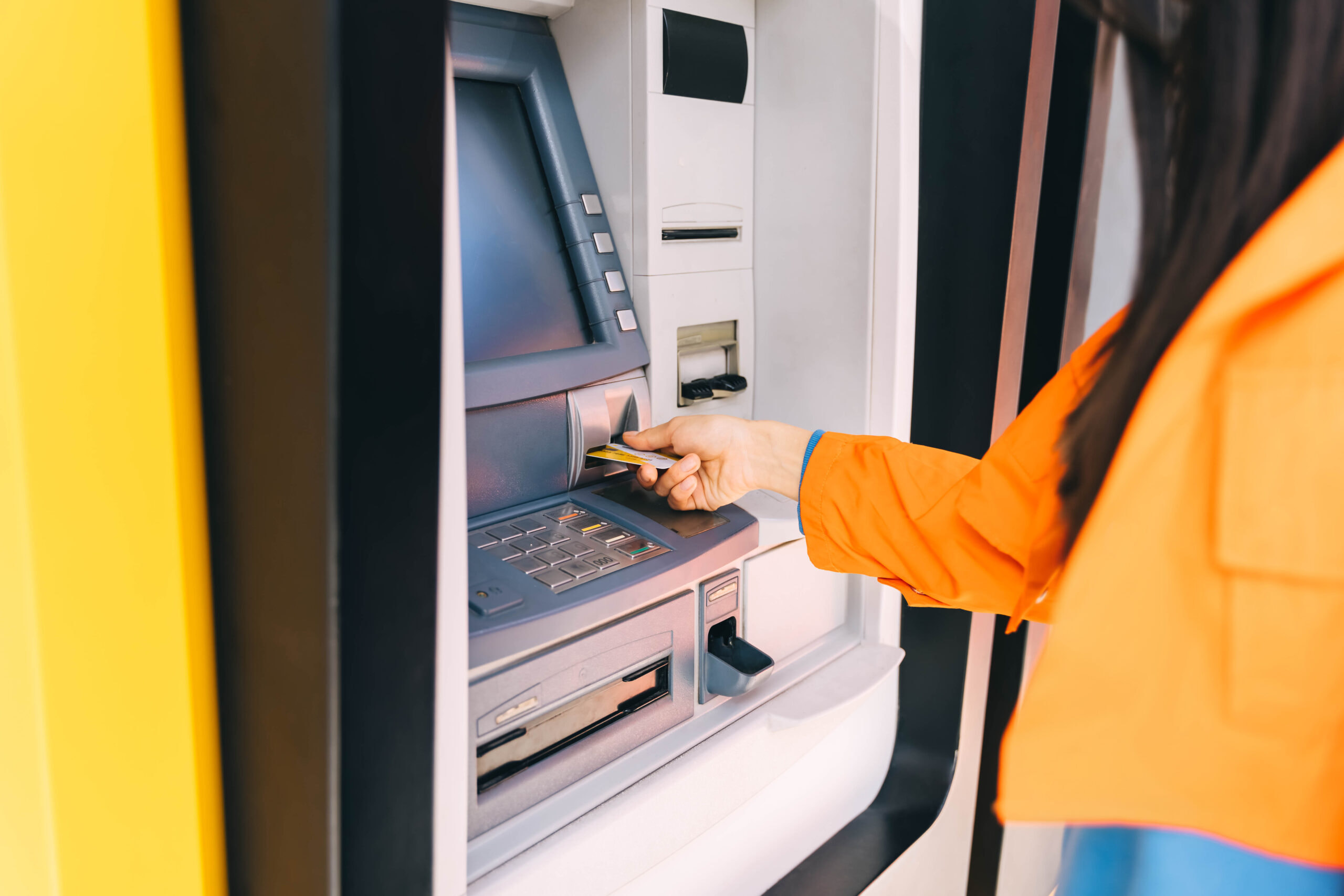We live in a world where electronic payments are becoming the norm. From splitting a restaurant bill with your friends via an app to tipping that food truck worker through a QR code, sending and receiving money quickly is a priority for us all. So, how does an ACH payment fit into the equation? Here are some fast facts about this type of money tool and how you can get the most from using it.
What are ACH payments?
ACH payments are transfers made electronically. They happen from one bank to another and are processed by a network called the "Automated Clearing House" (ACH).
ACH transfers are used for many different financial purposes and come in two forms: direct deposits and direct payments.
How do ACH deposits and payments work?
Direct deposits typically go from government or business to individual. You may already be using direct deposits for your work paycheck or even get tax refunds in this manner.
If you send money via ACH, you are making an ACH direct payment. Things you may use ACH for are to make contributions to your IRA or savings account directly from your checking account on a recurring basis.
ACH is also handy for freelancers to pay vendors or receive invoice payments, too. ACH transfers happen in batches, usually a few times a day, so you can see the cash in your account much more quickly than if you ask your client to send you a check in the mail.
Benefits of ACH payments
Why would someone want to use ACH payments instead of other methods, such as getting a paper check from your employer? There are some nice perks to direct payments, including:
Convenience
While mobile apps have made it easier to add check funds at home or on the go, it can also be a hassle to endorse and cash paper checks. You may forget or even lose the check while you wait to get it done. The same can be said for paying bills, which are much more likely to happen if the process is handled electronically.
Security
When you use ACH to send or receive money, you don’t have to worry about a paper check getting lost or stolen. You don't have to figure out if your cash can be trusted to be counted by the ATM or your paper check to end up at the right place after moving through several post offices. Banks use approved technology to move money and verify they have the right accounts from start to finish.
Speed
If you deposit a check today, it could take your bank up to seven business days to credit your account. A larger check or a check from someone they don't know could be held for even longer. When an ACH transfer happens, it's typically settled in one or two business days, giving you more time to enjoy it.
Affordability
Depending on how you bank, sending an ACH payment could be free or at least very low cost compared to a wire transfer. If you use ACH to receive your paycheck, it's likely you'll spend nothing for the privilege. You can also avoid spending money on postage stamps or fuel to drive to the bank.
Reasons to avoid ACH payments
While there aren't very many downsides to ACH payments, you do have to have a bank account to take advantage of one. If you are still shopping around for a checking or savings account, you'll need to settle down to get access to ACH benefits.
Also, each bank has limitations on how much you can move with ACH, including number of transfers and total amounts per day. If you have a savings account, for example, that account may be limited to a certain number of withdrawals per month. Check the terms of your account to see what's allowed. It could be that you just need to find a better account type for your financial needs.
Are ACH payments right for you?
As more employers and even lenders move toward requiring ACH transfers for transactions, the odds that you'll use this tool in the future are very high. ACH can be a good way to move money quickly and cheaply, and you don't have to worry about checks lost in the mail. With any electronic financial tool, however, you'll want to take precautions to protect your financial information.
Pro Tip: Don't initiate transfers with people or companies whom you don't know, and never give your account information over the phone or in an email. Even an employer asking you for ACH transfer information should do so via a secure electronic portal or encrypted email server or in person with your human resource department.
If you suspect that someone has initiated a transfer fraudulently, reach out to your financial institution as soon as possible to get your account locked down, and the fraud resolution process started.
However, with some care and planning, using ACH payments can be a really great option for direct deposits and payments.



